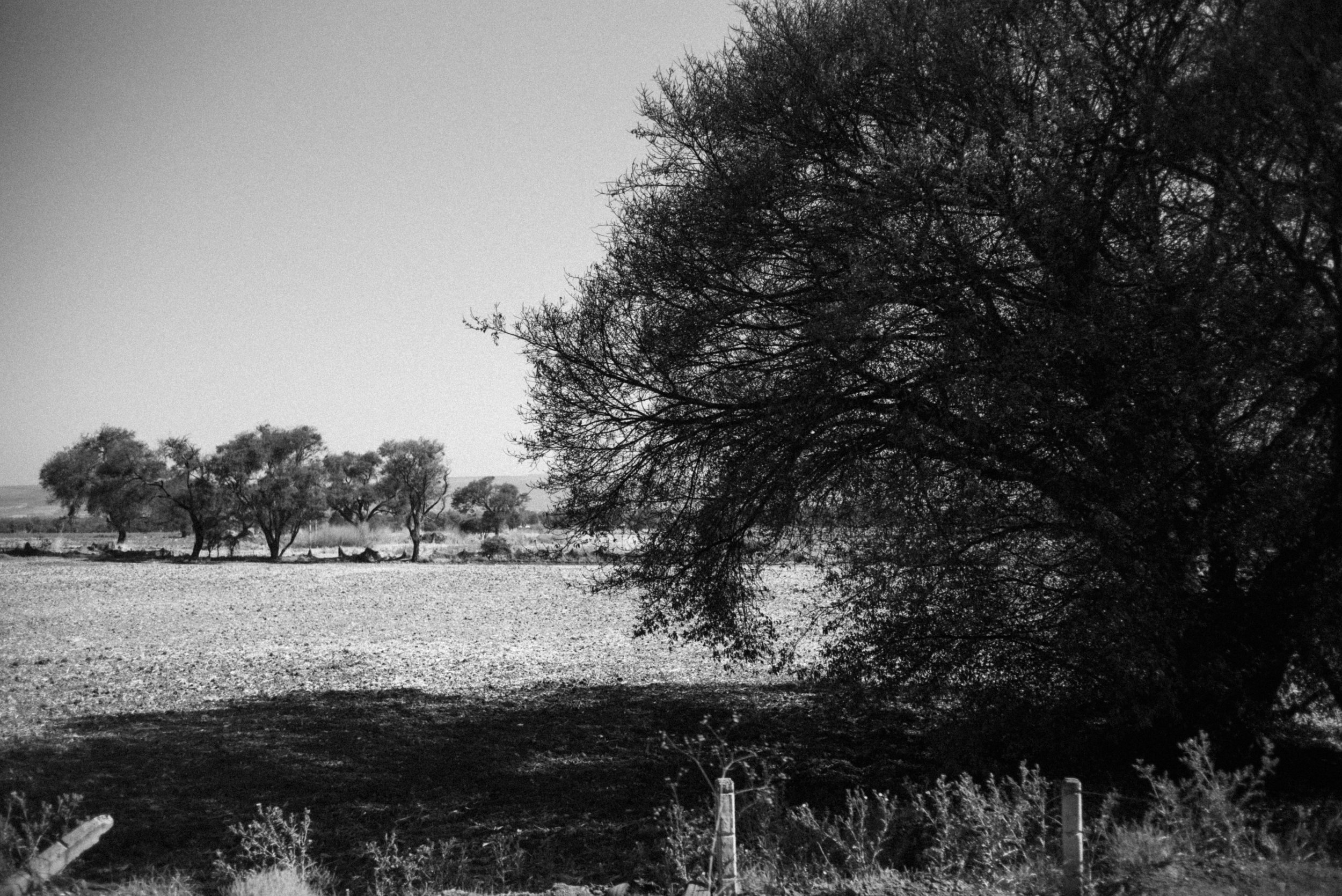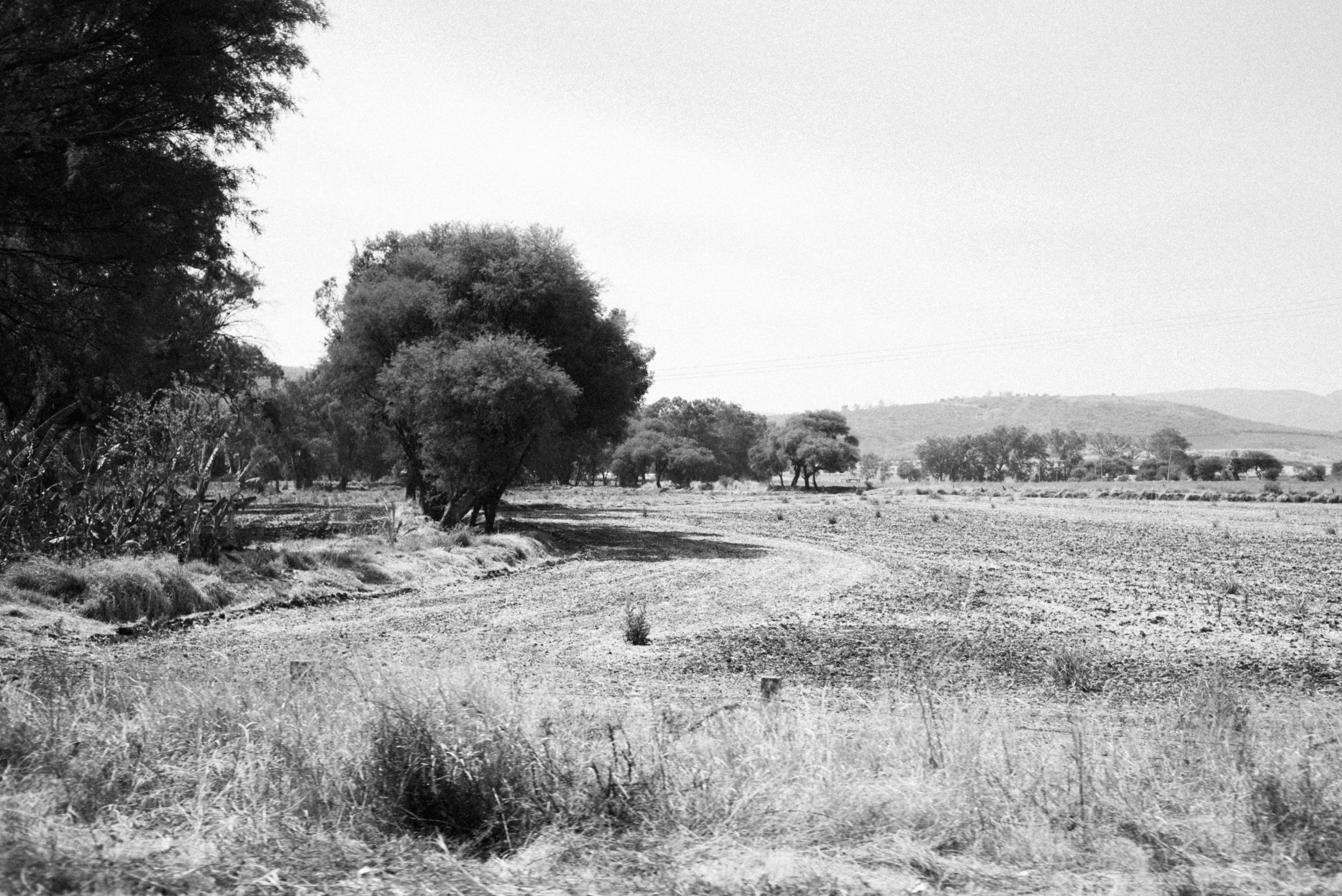“El presente y el pasado se confunden y parece algo natural porque sólo los separaba un tabique de celofán. Bastaba con una picadura de insecto para agujerar el celofán.
— Patrick Modiano, Para que no te pierdas en el barrio

“El presente y el pasado se confunden y parece algo natural porque sólo los separaba un tabique de celofán. Bastaba con una picadura de insecto para agujerar el celofán.
— Patrick Modiano, Para que no te pierdas en el barrio

“Ese libro, muy oral, es mucho más profundo (a propósito de las palabras y de lo real) de lo que ha dicho.”
Annie Ernaux, Perderse.

“Our memory is a more perfect world than the universe: it gives back life to those who no longer exist.”
— Guy de Maupassant


“Naturally I feel no shame in writing these things because of the time which separates the moment when they are written--when only I can see them--from the moment when they will be read by other people, a moment which I feel will never come. By then I could have had an accident or died; a war or a revolution could have broken out. This delay makes it possible for me to write today, in the same way I used to lie in the scorching sun for a whole day at sixteen, or make love wihout contraceptives at twenty: without thinking about the consequences.”
— Annie Ernaux, Simple Passion

“Pero mi vida no sólo está acechada por el porvenir, también lo está por los fantasmas de mi propio pasado, que surgieron luego del deceso de quien encarnaba todo lo que yo había querido abandonar, todo con lo que había querido romper y que, seguramente, había constituido para mí una suerte de modelo social negativo, un contrapunto en el trabajo que había llevado a cabo para crearme a mí mismo.”
— Didier Eribon, Regreso a Reims

- fuimos puertas que fueron entradas y a la vez salidas.

apuntes de un retorno sin fin.

“The boundaries that divide these worlds help define within each of them radically different ways of perceiving what it is possible to be or to become, of perceiving what it is possible to aspire to or not.”
— Didier Eribon, Returning to Reims.

Apuntes.

“And so, when you return to the environment from which you came - which you left behind - you are somehow turning back upon yourself, returning to yourself, rediscovering an earlier self that has been both preserved and denied. Suddenly, in circumstances like these, there rises to the surface of your consciousness everything from which you imagined you had freed yourself and yet which you cannot not recognize as part of the structure of your personality - specifically the discomfort that results from belonging to two different worlds, worlds so far separated from each other that they seem irreconcilable, and yet which coexist in everything that you are.”
— Didier Eribon, Returning to Reims

apuntes de luz.

“La presencia denegada del mundo pasado e incansablemente renegado y la presencia afirmada del mundo presente y más o menos escogido.”
— Didier Eribon, La sociedad como veredicto.

“Proust lo dice con claridad: la muerte de los otros es la imposibilidad de obtener una respuesta a preguntas que habríamos debido hacer pero que, visto que las “pospusimos de día en día”, no parecían tan apremiantes, y a las que sabemos ahora que jamás habrá respuestas, por lo cual se vuelven obsesionantes…”
— Didier Eribon, La sociedad como veredicto.

“La lectura es, junto con la amistad, uno de los recursos más eficientes para sobrellevar el dolor de la pérdida. Nos ayuda, en general, a elaborar el duelo por los límites de nuestra vida, los límites de la condición humana.”
— Didier Anzieu, El cuerpo de la obra.

apuntes -

“Escribir es defender la soledad en que se está; es una acción que sólo brota desde un aislamiento efectivo, pero desde un aislamiento comunicable, en que, precisamente, por la lejanía de toda cosa concreta se hace posible un descubrimiento de relaciones entre ellas.
Pero es una soledad que necesita ser defendida, que es lo mismo que necesitar de justificación. El escritor defiende su soledad, mostrando lo que en ella y únicamente en ella, encuentra.”
— María Zambrano

“"Come to the edge," he said.
"We can't, we're afraid!" they responded.
"Come to the edge," he said.
"We can't, we will fall!" they responded.
"Come to the edge," he said.
And so they came.
And he pushed them.
And they flew.”
— Guillaume Apollinaire

apuntes -

fragmentos y anotaciones de comienzos.